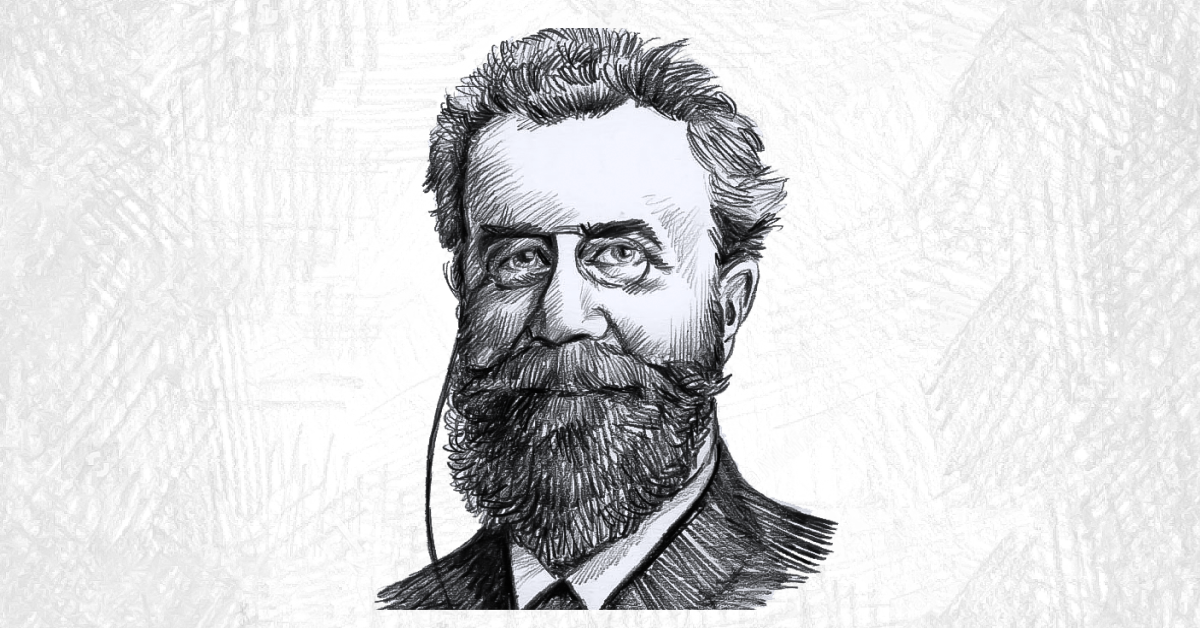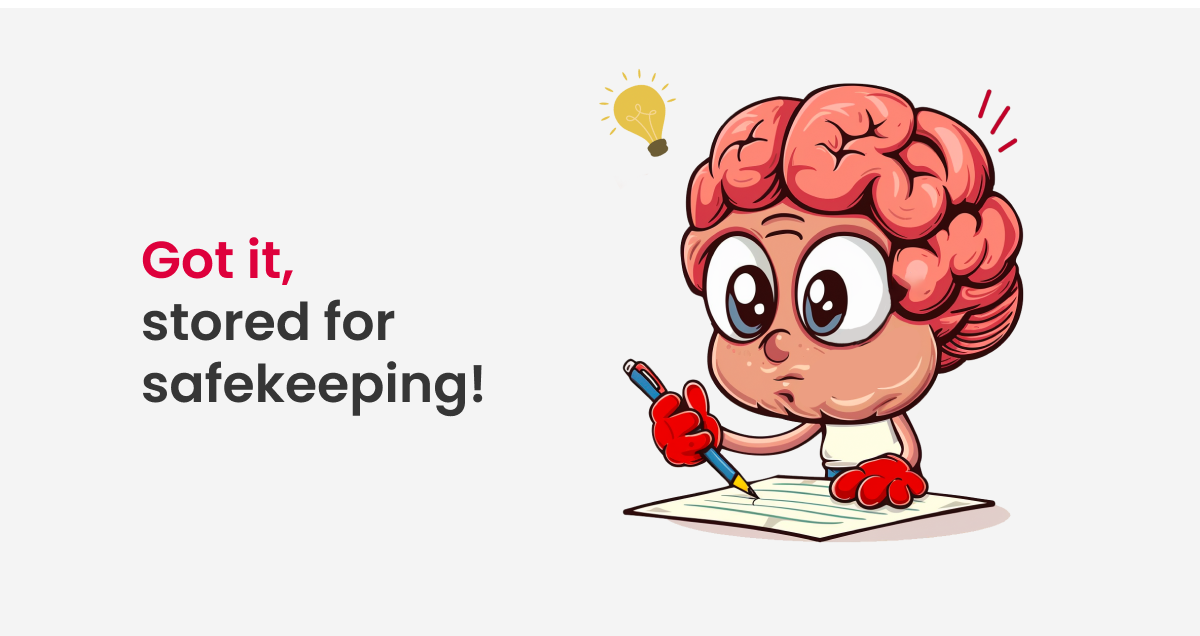Sleep Deprivation, Burned-out Clinicians & EHR Workflows
Remember the curve we chatted about last time?
The one where your brain tosses out 60% of what you learned within hours?
Ahhhh!
Now you know why EHR users forget what they learned during onboarding …

